Tag Archives: Chicago Bankruptcy Attorney
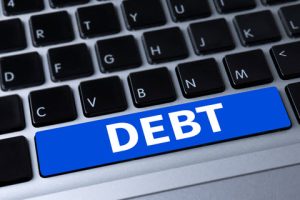
Some Debt Discharge Basics In Illinois
In addition to the temporary relief from repossession, foreclosures, and other adverse action, many people believe that bankruptcy eliminates most unwanted debts. For the most part, that’s true. Technically, however, bankruptcy only eliminates personal liability to repay the debt, but the obligation itself remains. Once again, technically speaking, that debt never, ever goes away,… Read More »
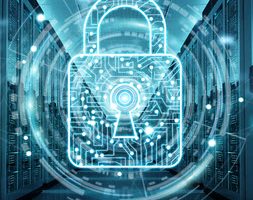
How Does Bankruptcy Affect Indiana Security Clearances?
Many area families understandably want an answer to this question before they file a bankruptcy petition. In many cases, security clearance revocation, or even a downgrade, could mean the end of a job or at least a considerably lower income stream. It’s illegal for any Illinois entity, including the Department of Defense, to discriminate… Read More »
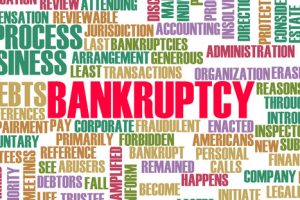
Six Dischargeable Debts In An Illinois Bankruptcy
Many people file a Chapter 7 or Chapter 13 debt relief petition to gain immediate relief from foreclosure, lawsuits, repossession, and other adverse action. While the case is pending, moneylenders can do none of these things, at least in most cases. Many other people file bankruptcy because the debt discharge gives them a fresh… Read More »
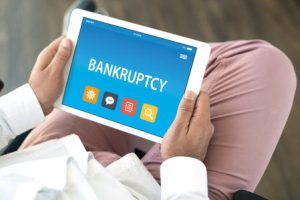
Should I File Chapter 7 Or Chapter 13 Bankruptcy In Illinois?
Over the years, several Supreme Court Justices have declared that the Bankruptcy Code gives an “honest but unfortunate debtor” a fresh start. The vast majority of all debtors are honest, although the occasional fraud cases, like the 2016 Dance Moms bankruptcy saga, always make the headlines. Moreover, the vast majority of bankruptcy debtors are… Read More »
Do I Qualify For Bankruptcy?
Almost anyone can file either Chapter 7 or Chapter 13 bankruptcy and take advantage of the automatic stay to prevent adverse action, including repossession and foreclosure. But not everyone can obtain a Chapter 7 or Chapter 13 discharge, because each section has important financial and non-financial qualifications. In reality, these qualifications are more like… Read More »
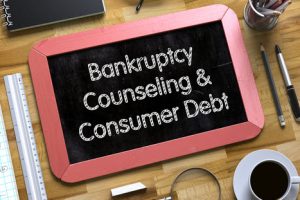
The Different Types Of Bankruptcy
The Bankruptcy Code provides for several different types of consumer bankruptcy, but nearly all these voluntary petitions fall under either Chapter 7 or Chapter 13. Both these plans have some things in common. In each case, the debtor must undergo pre-filing debt counselling, as well as a post-filing financial management class. Both types trigger… Read More »
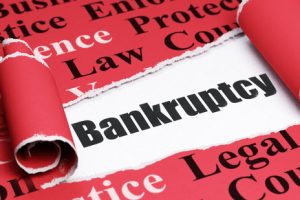
Obstacles To Bankruptcy: Security Clearances
Some distressed debtors who work at one of the many military bases in Illinois or Indiana, or at one of the many private companies that support these installations, hesitate to file bankruptcy because they are afraid that a voluntary petition will mean the revocation of their security clearance. But it is illegal to take… Read More »

Three Quick Ways To Rebuild Credit After Bankruptcy
Some people do not file a necessary bankruptcy because they think it will “ruin their credit rating for seven years.” That’s partially true, because a completed Chapter 13 bankruptcy stays on a credit report for seven years. That’s also partially untrue, because the debtor’s credit rating is already very low due to current issues…. Read More »

Bankruptcy And Student Loans: A Primer
Although student loans are unsecured debts, like credit cards, Small Business Administration loans, and medical bills, they are not automatically dischargeable like these other obligations. In fact, several years ago, Congress even closed the private student loan loophole, which is bad news for former ITT Tech students and other similarly situated borrowers. There is… Read More »
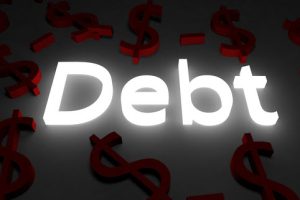
Four Dischargeable Debts In Bankruptcy
The end result of a bankruptcy petition, in almost all cases, is a fresh financial start for the honest yet unfortunate debtor. To get this fresh start, the bankruptcy judge will discharge (legally forgive) many different kinds of debts. Sometimes, debtors want to pay what they owe, or at least most of it, but… Read More »


